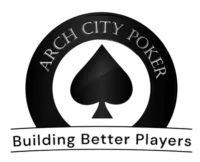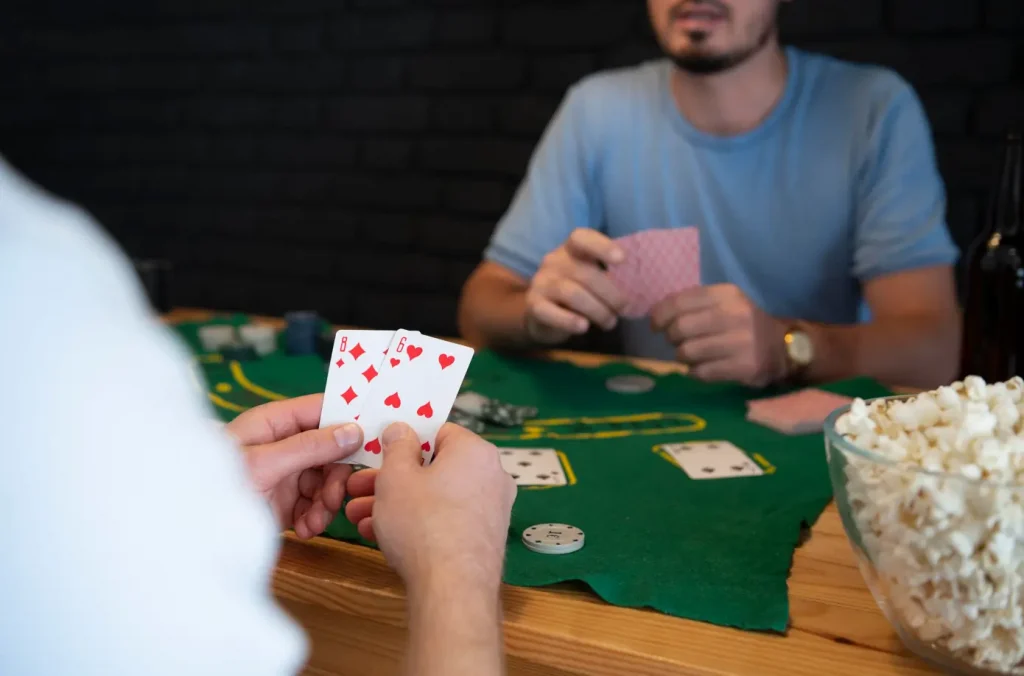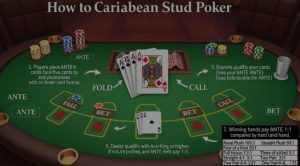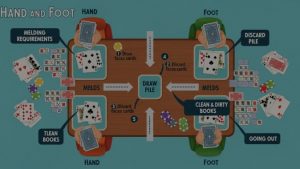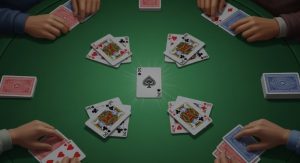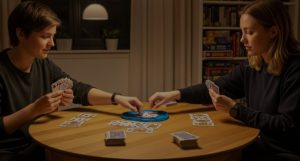Learning poker through online lessons provides structured education that builds skills systematically while accommodating individual schedules and learning preferences. This approach combines theoretical instruction with practical application, allowing students to progress at their own pace while accessing expert guidance.
Getting Started with Online Poker Education
The foundation of successful online poker education begins with selecting appropriate learning platforms and establishing consistent study routines. Students must create dedicated learning environments that minimize distractions while maximizing focus on educational content.
Poker lessons online work best when students approach them with clear objectives and realistic expectations about the time required for meaningful improvement. The most effective students treat online learning as seriously as traditional classroom education.
Setting Up Your Learning Environment
Creating an optimal learning environment increases focus and retention during online poker lessons. Students should designate specific spaces for study that include reliable internet connections, comfortable seating, and minimal distractions from external sources.
The most effective learning environments include tools for taking notes, tracking progress, and practicing concepts learned during lessons. Students benefit from having multiple screens available for viewing lesson content while simultaneously using poker software or taking notes.
Establishing Study Schedules & Goals
Consistent study schedules produce better results than sporadic intensive sessions when learning poker through online lessons. Students should allocate specific times for lesson viewing, practice sessions, and review periods that reinforce learned concepts.
Effective goal setting includes both short-term objectives like completing specific lesson modules and long-term targets such as moving up in stakes or achieving specific win rates. These goals provide motivation and direction throughout the learning process.
Selecting Appropriate Skill Level Content
Online poker lessons typically categorize content by skill level, allowing students to begin with appropriate material that matches their current knowledge. Starting with overly advanced content creates confusion while beginning with too basic material wastes time and reduces motivation.
The most effective approach involves honest self-assessment of current abilities followed by systematic progression through increasingly challenging material. Students should master fundamental concepts before advancing to complicated strategic discussions.
Mastering Fundamental Poker Concepts
Fundamental concepts form the building blocks for all advanced poker strategy, making thorough knowledge essential for long-term success. Poker lessons online typically begin with these basics before progressing to more sophisticated strategic concepts.
Students who rush through fundamental concepts often struggle with advanced material because they lack solid foundational knowledge. The most successful students invest adequate time in mastering basics before moving to complicated strategic discussions.
Hand Rankings & Basic Rules
Hand ranking knowledge is the most basic requirement for poker success, yet many students underestimate the importance of instantly recognizing hand strengths in various situations. Online lessons typically cover these fundamentals through interactive exercises and repetition.
Beyond simple hand rankings, students must understand how different hands perform in various situations and game formats. This knowledge influences every decision from preflop hand selection through river betting patterns.
Position Play & Table Dynamics
Position profoundly affects poker strategy, making this concept essential for students learning through online lessons. Different positions require different strategic approaches based on information advantages and betting order considerations.
The most effective online lessons demonstrate positional concepts through hand examples and theoretical discussions that show why position matters in specific situations. Students learn to adjust their ranges and strategies based on their position relative to aggressive opponents.
Betting Patterns & Pot Odds
Knowing betting patterns helps students recognize opponent intentions while making informed decisions about calling, raising, or folding. Online poker lessons typically cover betting pattern recognition through extensive hand analysis and theoretical discussions.
Pot odds calculations enable students to make mathematically sound decisions in drawing situations and when facing bets with marginal hands. These calculations form the foundation for more advanced concepts like implied odds and reverse implied odds.
Developing Advanced Strategic Thinking
Advanced strategic concepts build upon fundamental knowledge to create sophisticated decision-making frameworks that separate skilled players from recreational opponents. Poker lessons online progress systematically through these concepts while providing practical applications.
Students benefit from extensive practice with advanced concepts before implementing them in live play. The most effective online lessons provide multiple examples and scenarios that demonstrate how advanced strategies apply in different game situations.
Range Construction & Analysis
Range thinking is a significant advancement from thinking in terms of specific hands, requiring students to consider entire ranges of possible holdings in different situations. Online lessons teach range construction through systematic analysis of different positions and game situations.
The most effective range training includes both theoretical discussions and practical applications using poker software that allows students to experiment with different range compositions and analyze their effectiveness against opponent ranges.
Bluffing Frequencies & Balance
Balanced strategies prevent opponent exploitation while maximizing expected value across different game situations. Online poker lessons typically address balance through game theory discussions and practical examples that demonstrate balanced play.
Students learn to construct bluffing ranges that include appropriate frequencies while maintaining credibility through value betting patterns. This balance prevents opponents from making easy adjustments that exploit predictable playing patterns.
Opponent Profiling & Exploitation
Player profiling skills enable students to identify opponent weaknesses and adjust strategies accordingly. Online lessons teach profiling through database analysis, observational techniques, and statistical interpretation methods.
Exploitation strategies target specific opponent weaknesses while maintaining overall strategic soundness. Students learn to identify when exploitation becomes more profitable than balanced approaches while avoiding over-adjustment that creates new vulnerabilities.
Utilizing Interactive Learning Tools
Modern online poker education incorporates interactive tools that increase learning effectiveness through hands-on practice and immediate feedback. These tools bridge the gap between theoretical knowledge and practical application.
The most effective poker lessons online integrate interactive elements smoothly into educational content, allowing students to test the knowledge while reinforcing key concepts through active participation rather than passive consumption.
Equity Calculators & Software
Equity calculation software helps students understand the mathematical foundations of poker decisions while exploring different scenarios and hand matchups. These tools provide precise information that supports strategic decision-making.
Students learn to use equity calculators for post-session analysis, exploring alternative lines and looking at the long-term profitability of different strategic choices. This analysis reinforces lessons learned during formal instruction while building intuitive knowledge of hand strengths.
Hand History Review & Analysis
Hand history analysis provides personalized feedback on actual playing decisions while identifying patterns of mistakes that require attention. Online lessons often include guidance on effective hand review techniques and analysis methods.
The most valuable hand analysis focuses on decision-making processes rather than results, helping students understand why certain plays are optimal regardless of short-term outcomes. This approach prevents results-oriented thinking that interferes with strategic development.
Practice Exercises & Quizzes
Interactive exercises test comprehension while providing immediate feedback on the knowledge of key concepts. These exercises help identify areas requiring additional study while reinforcing material through active recall.
Effective online lessons include varied exercise types that test different aspects of poker knowledge, from basic calculations to complicated strategic decisions. This variety maintains student engagement while ensuring awareness of covered material.
Tracking Progress & Measuring Improvement
Progress tracking provides objective feedback on learning effectiveness while identifying areas requiring additional attention. Students who monitor their development systematically tend to achieve better results than those who rely solely on subjective assessments.
Online poker lessons often include progress tracking features that monitor lesson completion, quiz scores, and practical application results. These metrics help students understand their development while maintaining motivation throughout the learning process.
Performance Metrics & Statistics
Database software allows students to track playing results while identifying statistical patterns that indicate improvement or persistent weaknesses. These metrics provide objective feedback that supplements subjective assessments of skill development.
Students learn to interpret statistics meaningfully while avoiding overemphasis on short-term results that may not reflect true skill changes. The most effective tracking focuses on process improvements rather than outcome-based measures alone.
Goal Setting & Achievement Milestones
Systematic goal setting provides direction and motivation throughout the online learning process. Students benefit from establishing both short-term learning objectives and long-term playing goals that guide their educational priorities.
Achievement milestones create positive feedback loops that maintain motivation during challenging learning periods. These milestones should reflect both educational progress and practical playing improvements that demonstrate skill development.
Ongoing Education & Skill Refinement
Poker education continues throughout playing careers as games evolve and new strategies emerge. The most successful students maintain learning habits that extend beyond initial instruction periods while adapting to changing game conditions.
Online lessons provide ongoing access to new content and updated strategies that keep students current with evolving game conditions. This continuous learning prevents stagnation while promoting long-term success in increasingly competitive poker environments.
